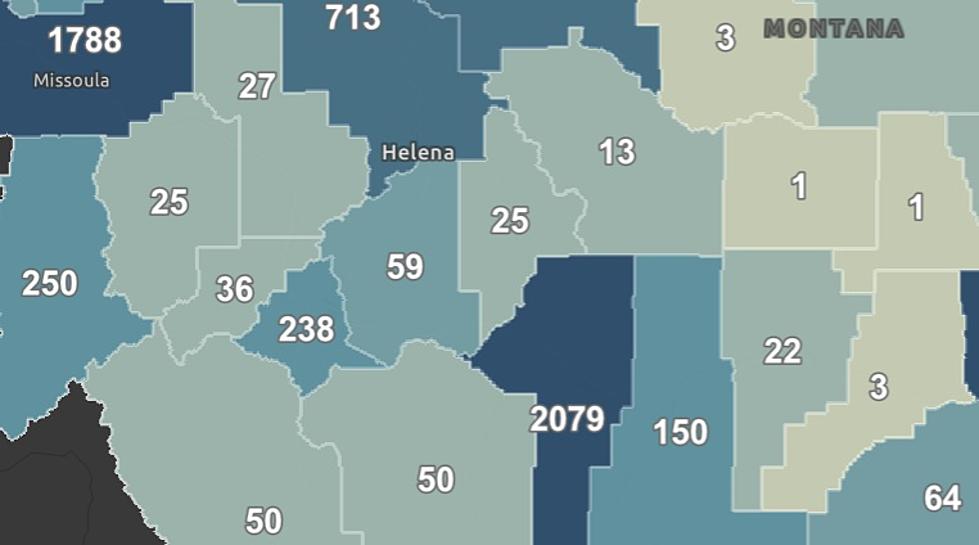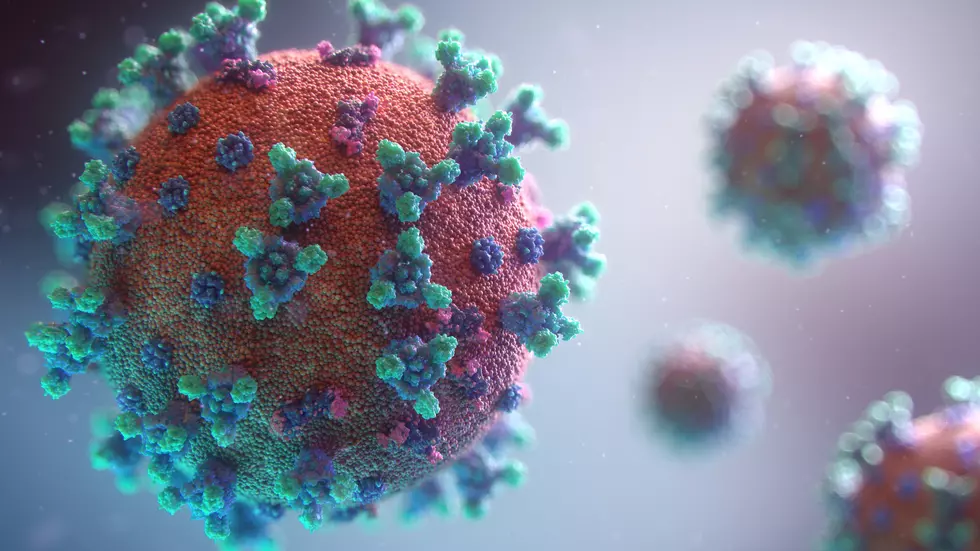
Half of Montanans Say They Suffer From This
Everyone has struggled in 2020. The COVID-19 pandemic has changed our lives in ways we never imagined. Who would have thought last Christmas that coming up a few short months later, we would be wearing masks everywhere we went, and concerts and sporting events would get canceled.
Well, it happened, and it's made all of us adjust to the "New Normal." Man, I hate that phrase. Please slap me if I ever use it again.
According to American Addiction Centers, 57% of Montanans believe they suffered this year from 'quiet stress.' Symptoms include visible outbursts, shouting, swearing, and anger. I call that Tuesdays. But it's good to see that I'm not alone. I'm curious, though, why they are referred to as 'quiet stress' since all those symptoms are typically loud. In a national survey, more than 25% of adults say social distancing and loneliness has been their biggest stressors this year.
I don't know about you, but whatever you call it, I've definitely exhibited all those symptoms over the past year. There's no question the pandemic has brought a lot of negative energy with it, and apparently, 'quiet stress' can result in a sense of emotional paralysis, leaving some people unable to get out from their negative situations.
"Compared to traditional symptoms brought on by stress, it can be difficult to diagnose those caused by ‘quiet stress’ as they may manifest in different ways. If you notice you are procrastinating on tackling important tasks, excessively drinking, more prone to getting colds or feeling ‘stuck’ in difficult situations, it could be worth evaluating whether you are internalizing your body’s responses to stress,"
says a spokesperson for American Addiction Centers.
CHECK IT OUT: The best county to live in for each state
More From 100.7 KXLB









